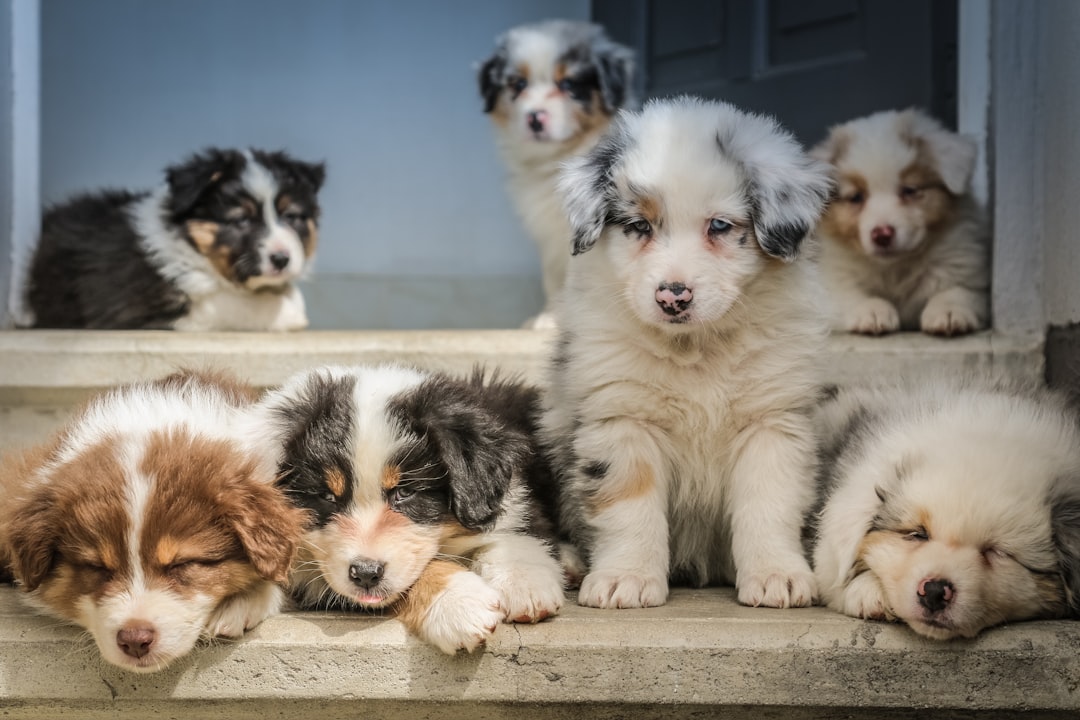As pet owners, it is our responsibility to ensure that our furry friends receive the best care possible throughout their lives. This is especially true as our pets age and become senior animals. Just like humans, senior pets have specific needs that should be addressed in order to keep them happy and healthy in their golden years. Understanding these needs is crucial to providing the best care for our senior pets.
One of the most important needs of senior pets is regular veterinary care. As animals age, they become more susceptible to various health issues, such as arthritis, dental problems, and kidney disease. Regular check-ups with a veterinarian can help catch these issues early and prevent them from becoming more serious. It is also important to discuss with your vet about the appropriate diet and exercise routine for your senior pet in order to maintain their health and well-being.
In addition to regular veterinary care, senior pets may also require modifications to their living environment. For example, older pets may have trouble navigating stairs or jumping onto furniture, so providing ramps or stairs can make it easier for them to move around. Keeping their living space clean and free of obstacles can also help prevent accidents and injuries. Additionally, making sure that your senior pet has a comfortable bed and access to a warm, quiet place to rest can help them relax and get the rest they need.
Another important aspect of caring for senior pets is providing them with mental and emotional stimulation. As animals age, they may become more prone to anxiety or depression, especially if they are experiencing health issues or pain. Spending quality time with your senior pet, providing them with toys or puzzles, and engaging them in gentle exercise can help keep their minds sharp and their spirits high. Making sure that your senior pet feels loved and cared for is essential to their overall well-being.
One common issue that senior pets face is dental problems. Just like humans, older animals can develop gum disease, tooth decay, and other dental issues that can cause pain and discomfort. Regular dental cleanings and proper oral care, such as brushing their teeth or providing dental treats, can help prevent these problems and keep your senior pet’s mouth healthy. It is also important to watch out for signs of dental issues, such as bad breath, drooling, or difficulty eating, and seek veterinary care if necessary.
Finally, it is important to be patient and understanding with your senior pet. As animals age, they may experience changes in their behavior or abilities, and it is important to be patient and supportive as they navigate these changes. Senior pets may require more time and attention than younger animals, so it is important to be understanding and accommodating of their needs. Providing your senior pet with a loving and supportive environment can help them feel safe and comfortable as they age.
In conclusion, understanding the needs of senior pets is crucial to providing them with the best care possible. By recognizing their specific health, environmental, mental, and emotional needs, pet owners can help their senior animals live happy and healthy lives in their golden years. By providing regular veterinary care, making modifications to their living environment, providing mental and emotional stimulation, addressing dental issues, and being patient and understanding, pet owners can ensure that their senior pets receive the care and attention they deserve. Remember, our senior pets have given us their unconditional love and loyalty throughout their lives; it is our duty to provide them with the same care and love in return.

